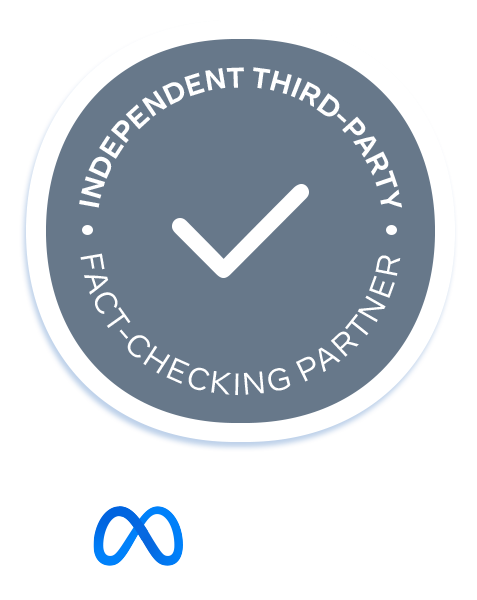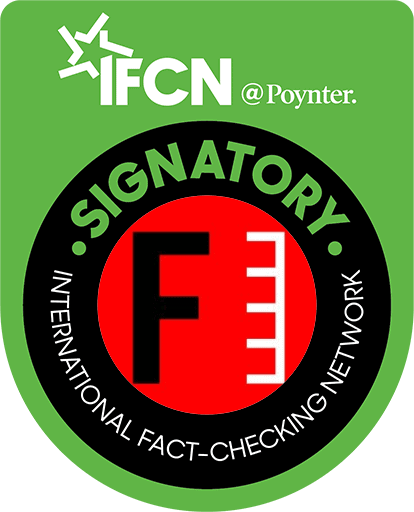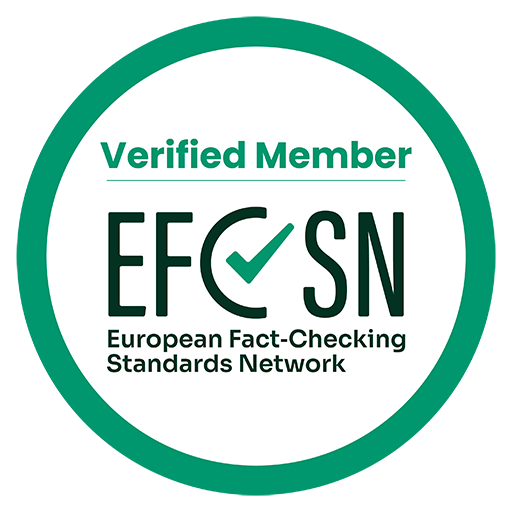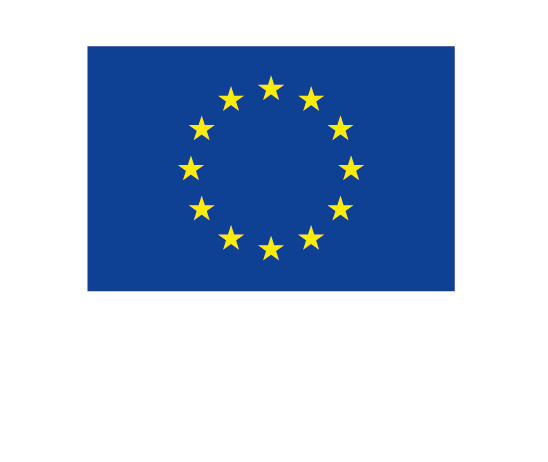Decoding the Disinformation Playbook 2
This project examines the disinformation tactics used by populists to intimidate and discredit journalists covering the elections to the European Parliament in 2024.
Disinformation campaigns targeting the credibility of journalists and fact-checkers are on the rise in Europe, and elsewhere. Intimidation through – ostensibly organic – waves of online attacks on social media and propaganda sites, smear campaigns, and legal harassment are common tactics to silence journalists and undermine trust in independent media, thus creating a fertile ground for disinformation to grow uncontested.
A study published this April by Faktograf, found that nine out of 10 fact-checking organisations in Europe have experienced online abuse or smear campaigns by politicians and public figures, with the attacks increasing during times of intense political activity. This nine-month project is a continuation of the collaborative work of a consortium consisting of the International Press Institute (IPI) as the lead organisation, and Faktograf and TAZ as partners.
As part of the project, the consortium plans to create new case studies on disinformation campaigns targeting independent journalists, as well as explore best practices for defending against attacks developed by fact-checking editorial teams and their preparedness for situations involving increased attacks, including elections or crises such as pandemics and wars. Additionally, within the project, a research tool will be developed for journalists who want to investigate the tactics, techniques, and protocols used in disinformation campaigns and attacks on media and journalists.
The consortium will use a hybrid methodology, including AI-based technologies to unveil the networks and unearth narratives buried in big data sets, fact-checking, investigative journalism and content analysis.
Within the project, Guide to Decoding Disinformation. Step-by-step guide to identify the main components of disinformation attacks targeting journalists and news outlets, Case study on the attack of the newspaper Novosti weekly after the 2024 Croatian parliamentary election and “I never put my name on a doorbell”, the report on how fact-checkers in Europe prepare react and combat disinformation and harassment in election cylces have been published.
Articles published within the project:
Krnja debata špicenkandata otvara put “hrvatskom scenariju” u europskoj politici
Uoči europskih izbora oštro se polarizira politička situacija u Njemačkoj, ali i ostatku Europe
Skreće li Europska unija udesno?
Episode 3 of podcast series Decoding Disinformation looks into recent online and physical attacks against the Climate Portal in Croatia: A perfect storm: Climate journalism under attack in Croatia, conversation with Petar Vidov
The sole responsibility for any content supported by the European Media and Information Fund lies with the author(s) and it may not necessarily reflect the positions of the EMIF and the Fund Partners, the Calouste Gulbenkian Foundation and the European University Institute.
